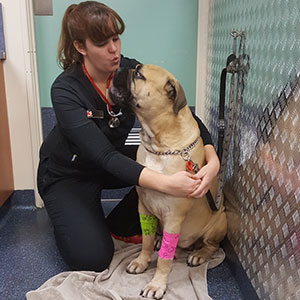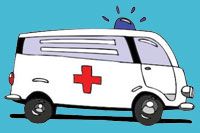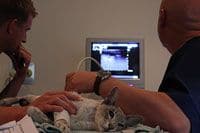Bronson Saves Pets Lives By Donating Blood
We invite pooches to join our blood donor register to save lives
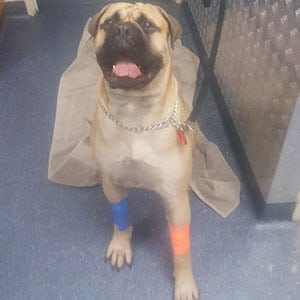
Bronson is one of Perth Vet Emergency’s many brave blood donors. He visits us every 3 months to donate blood in an effort to help save the lives of of Perth’s fellow dogs and cats. Thanks to Bronson’s large size, he is capable of saving 4 lives from a single donation – and he couldn’t be prouder of his efforts. He bravely sits still for his donation, and never flinches at needles.
He really is a gentle giant and we can’t thank him enough for his blood donations.
Why do pet’s need blood transfusions?
Just like humans, dogs and cats can need blood transfusions too, due to anaemia (low red blood cell count). The most common causes of anaemia requiring blood transfusions in dogs and cats include trauma, toxicities, major surgery, and immune mediated red blood cell destruction. All these conditions are commonly seen at Perth Vet Emergency so we have a constant requirement for more blood donors.
Blood from dogs can also be used to save the lives of cats, and so our doggy blood donors can be heroes to more than one kind of animal!
How can my pet donate blood?
Bronson would like to tell all his doggy friends to consider donating blood. The guidelines to becoming a pet blood donor include:
- Between the ages of 1-8 years old
- Over 25kg
- In good health
- Up-to-date on vaccinations.
Donors need to have a calm, brave temperament, and a love of being spoiled! The blood donation process takes approximately 1 hour, but can be lifesaving to those animals who need it. We make it as calm and comfortable for the donor as possible, as Bronson is showing in the photos below.
All blood donors receive a certificate of thanks, a goodie bag to go home with, and a few other perks here at the clinic.
If you are interested in your pooch joining our blood donor register, please ensure they meet all the above guidelines and give us a call on 1300 040 400, or email [email protected]
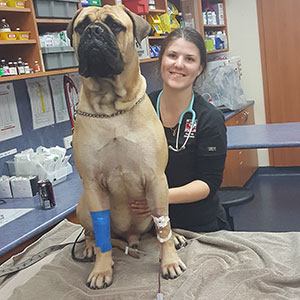
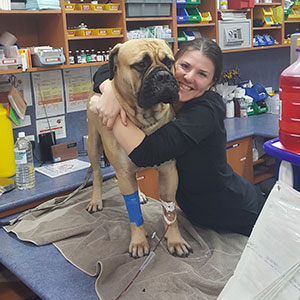
Written by Dr Christine Lovatt

